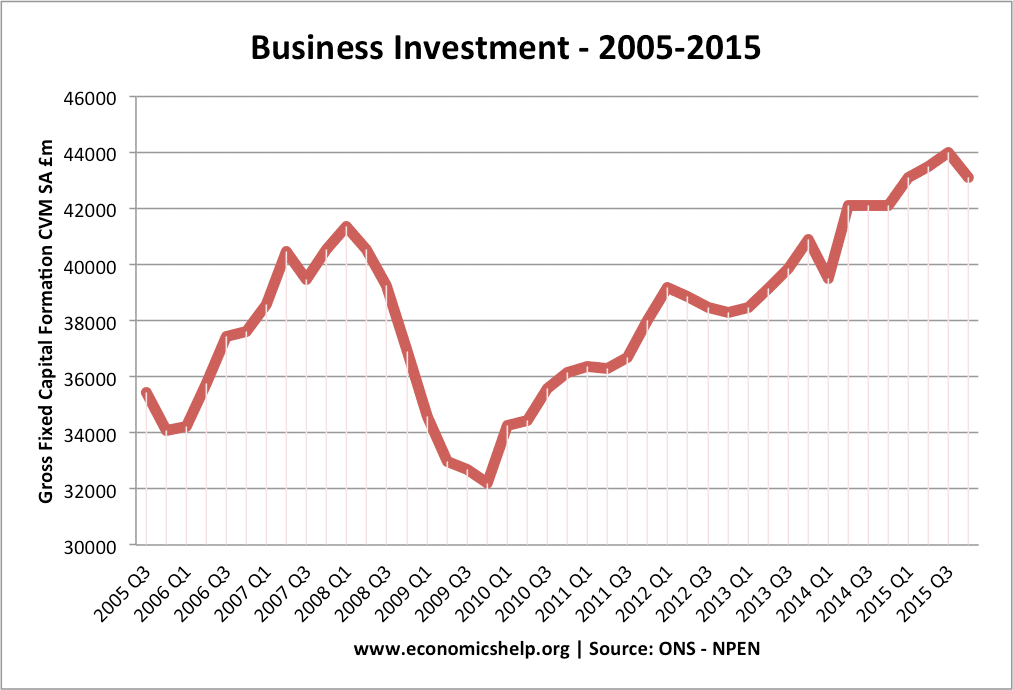Investment economics definition – Investing is essentially about putting your money to work to make more money. Investment economics digs into why and how this happens, looking at the factors that influence investment decisions and the overall health of the financial markets. Think of it as the science behind making smart financial choices. It examines the relationship between investors, businesses, and governments, and how these interactions shape the economy. From individual stocks to entire countries, investment economics considers the big picture and the small details.
Key Concepts in Investment Economics include things like:
- Risk and Return: Understanding that higher potential returns often come with greater risk.
- Market Efficiency: How well prices reflect all available information.
- Capital Allocation: How resources are distributed among different investment opportunities.
- Economic Growth: How investment contributes to the overall growth of the economy.
Imagine you’re trying to decide whether to invest in a new restaurant or a tech startup. Investment economics helps you analyze the potential rewards and risks of each option. It factors in things like the current economic climate, industry trends, and the potential for growth in each sector. It’s about making informed choices, not just gut feelings. The field explores the intricate ways in which market forces, government policies, and individual investor behavior combine to determine the success or failure of various investments.

Famous Entities in Investment Economics are often referenced in the field. The Federal Reserve, for instance, plays a huge role in shaping interest rates and influencing investment decisions across the board. The World Bank and similar international organizations often provide loans and support to developing economies, impacting investment opportunities on a global scale. Notable economists, like John Maynard Keynes, offer valuable historical context and frameworks for understanding the complexities of investment and the broader economy. Their ideas and theories continue to be influential and debated even today.
Investment economics is a broad field, encompassing various specializations. It’s about understanding the fundamental principles behind investment decisions and the complex interplay of factors that influence them. It’s not just about numbers; it’s about understanding the forces that drive the economy. Whether you’re a seasoned investor or just starting to explore financial markets, grasping the basics of investment economics is a crucial step in making sound financial choices. It helps you see the bigger picture, and make informed decisions, not just in the short-term but in the long-term as well. It’s about understanding how the economy works, and how investments fit into that larger picture.